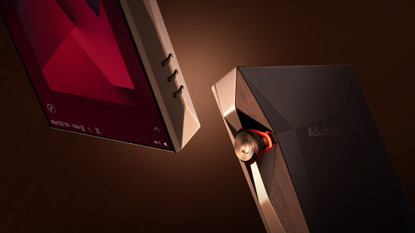Audio
The latest Audio breaking news, comment, reviews and features from the experts at T3
Explore Audio
-

Want a fancy new CD Player? The best 3 new models, picked by an A/V expert
It's not just vinyl, CDs are making a comeback too – and there are some great modern players to get the best from your music collection
By Simon Lucas Published
-
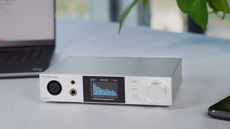
Topping’s headphone DAC now makes your headphones sound less like headphones – and that’s a good thing
Topping's free update is designed to deliver a more speaker-like audio experience
By Carrie Marshall Published
-
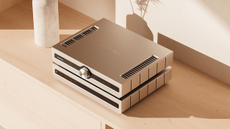
Roksan's dual elite amps promise 'breathtaking musicality' and advanced features
Roksan's gorgeous and high-end Caspian Series gets two new components
By Carrie Marshall Published
-
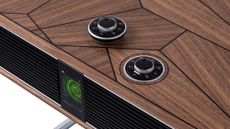
Ruark Audio is celebrating its 40th birthday with this exquisite, all-in-one luxury audio solution
The anniversary model is Made in England, too
By Sam Cross Published
-
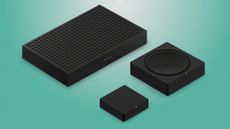
Sonos just stealth launched a new multi-room streaming product
Designed for custom installs and big home builds, the Sonos Amp Multi could control your whole home audio
By Rik Henderson Published
-
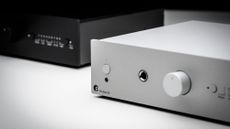
Pro-Ject launches the perfect all-in-one box for your audio needs
The Pro-Ject Pre Box S3 can tie in audio from your TV, turntable and more
By Sam Cross Published
-
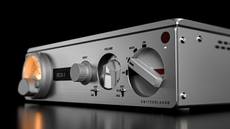
Nagra’s elite preamp brings today’s tech to its incredible hi-fi heritage
Nagra's new pre-amp is the first in a new series of very high-end hi-fi components
By Carrie Marshall Published
-
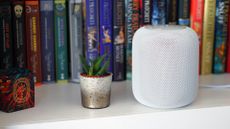
The Apple HomePod Touch could finally release "as soon as this spring" – according to inside sources
Apple's much-rumoured smart speaker with a screen might make its appearance at last
By Britta O'Boyle Published
-
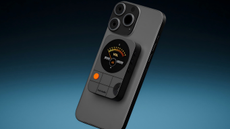
This Hi-Res headphone amp is made for your MagSafe mobile – Fosi Audio keeping things neat and tidy
Dump the dongle – Fosi's new amp/DAC is made for iPhones and attaches via magnets
By Carrie Marshall Published
-
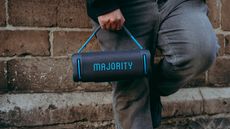
Majority Move has Bose in its Bluetooth speaker sights, but with much more attractive prices
These speakers sound like unmissable value
By Sam Cross Published
-
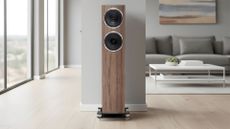
Putting the wood into 'Woodstock', this premium speaker range is looking mighty Fyne
Fyne's latest speakers are ideal for listening to Roy Wood, Woody Guthrie and Paul Oak-enfold
By Carrie Marshall Published
-
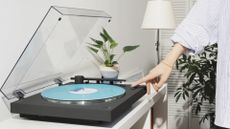
Sony's new Bluetooth turntables have me considering a vinyl phase
They're frankly gorgeous
By Max Freeman-Mills Published
-
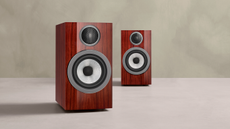
Bowers & Wilkins gives its 700 Series a performance upgrade, with 'Prestige' bookshelf speakers for the discerning audiophile
The new 707 Prestige Edition delivers more spacious and refined audio in a gorgeous new finish
By Carrie Marshall Published
-
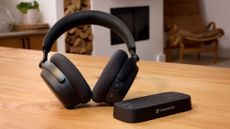
"As screens get thinner, their speakers have to follow": Sennheiser explains why its new headphones can fix your TV viewing
Sennheiser's new headphones are ear candy for your TV
By Sam Cross Published
-

I think Sony's new "socially friendly" earbuds prove something pretty important about what people want
Is the era of noise-cancelling over?
By Max Freeman-Mills Published
-
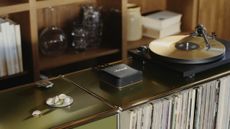
Move over Sonos, Marshall is coming for your multi-room crown
The Heddon streaming hub looks set to bring the music to every space in your home
By Sam Cross Published
-
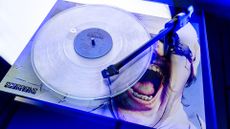
"You know what you had? You had a blackout": Scorpions' Rudolf Schenker on the inspiration behind Pro-Ject's new turntable
This new artist turntable from Pro-Ject will Rock You Like a Hurricane
By Carrie Marshall Published
-
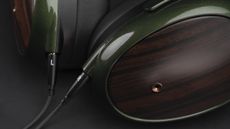
These headphones look better than Sonos, Bose and more – and they cost less than you'd think
The Meze Audio Strada is a stylish pair of headphones that won't bust the bank
By Sam Cross Published
-
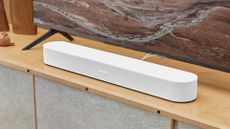
Picked up a Sonos Beam Gen 2? Change these settings immediately
Upgrade your listening immediately
By Max Freeman-Mills Published
-
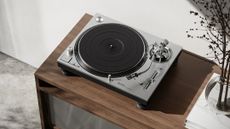
"As much as we talk about turntables, the backbone is digital": Technics explains why vinyl might not be as analogue as you think
Think listening to vinyl is all analogue? Think again...
By Sam Cross Published
-
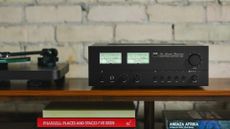
With 70s style, NAD's new amps could become the retro audio kings
NAD expands its Classic Series with two gorgeous integrated amplifiers
By Carrie Marshall Published
-
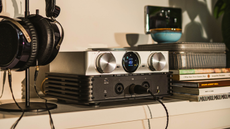
This audio streamer promises "a world's first for home audio" – iFi brings the studio to your Hi-Fi
iFi's premium DAC, streamer and headphone amp delivers studio-grade Hi-Res Audio
By Carrie Marshall Published
-
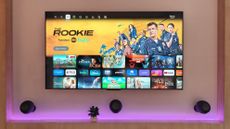
I finally tried Amazon’s Alexa Home Cinema – now I'm looking at Echo Studio even more admirably
Amazon's soundbar-replacement Fire TV system is slick, but can add up quickly
By Mike Lowe Last updated
-
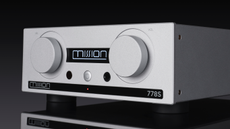
Mission’s first ever streamer promises heavenly Hi-Res audio made by 'Angels'
Mission teams with streaming specialist Silent Angel for a high-spec, Hi-Res network streamer
By Carrie Marshall Published
-
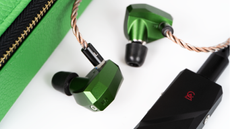
Campfire Audio goes green and more affordable – exclusive 10-driver earphones could be perfect fit for audiophiles
Campfire's new in-ears double the drivers for even more audio excitement
By Carrie Marshall Published
-
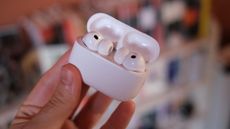
AirPods Pro 3 have a surprise hidden feature – I use it all the time
Background noise can tune the world out
By Max Freeman-Mills Published
-
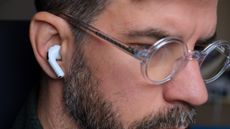
Apple AirPods could be getting new rival earbuds from... hold on... ChatGPT owner OpenAI
And the launch is said to be this year too
By Britta O'Boyle Published
-
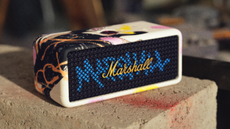
Now that’s what I call horse power: Marshall gets arty to celebrate the Chinese New Year
Marshall celebrates the Year of the Horse with a special edition of one of its best Bluetooth speakers
By Carrie Marshall Published
-
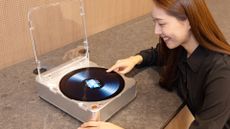
Samsung's AI OLED turntable somewhat misses the point, but still looks cool
The Samsung AI OLED Turntable imagines what happens when you cross an iPod with a record deck
By Rik Henderson Published
